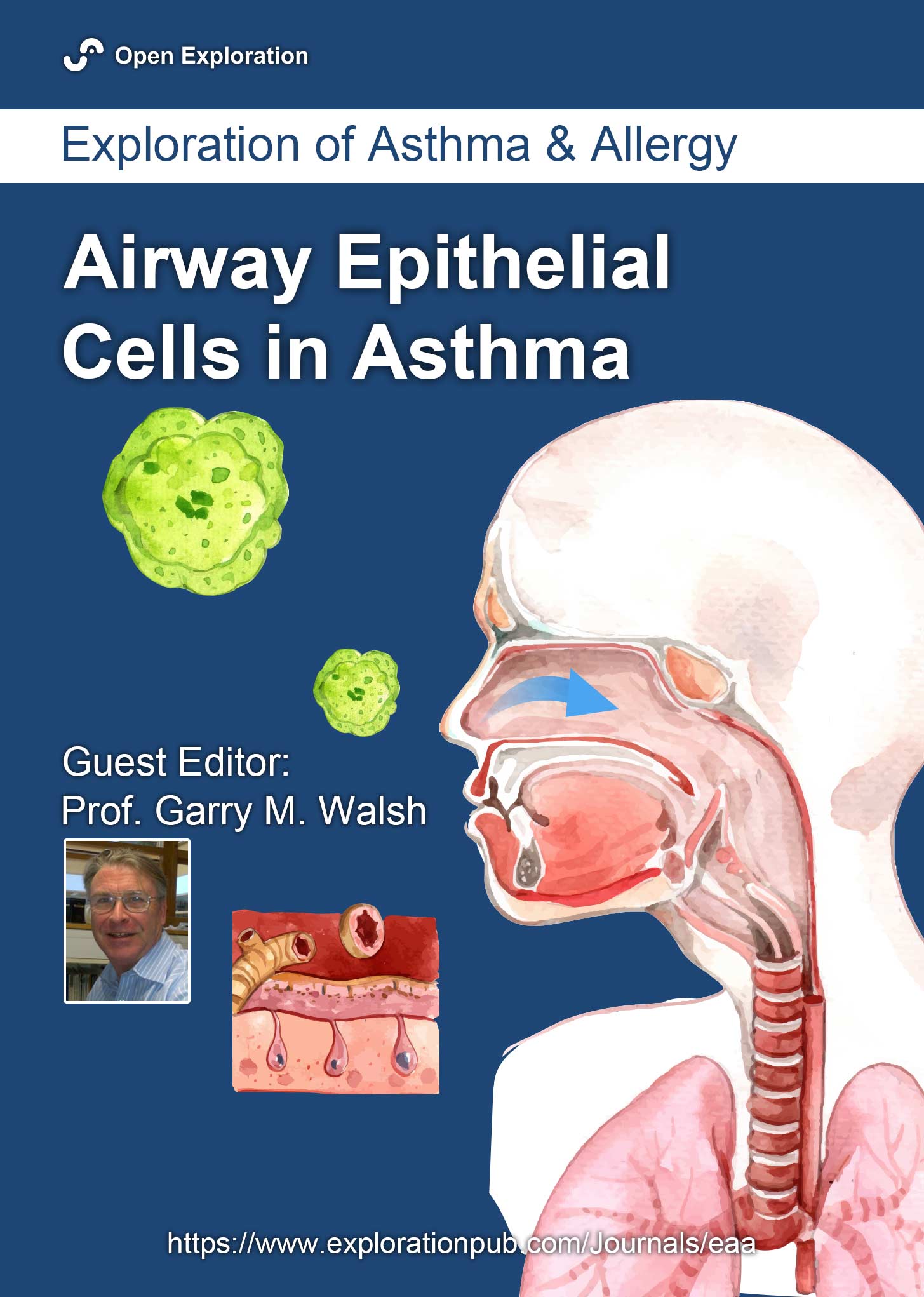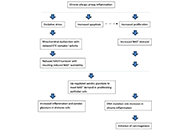
Airway Epithelial Cells in Asthma
Guest Editor
Prof. Garry M. Walsh E-Mail
Emeritus Reader in Inflammation & Immunity, Institute of Medical Sciences,University of Aberdeen, U.K.
Research Keywords: Airway epithelial cell inflammatory phenotype and function, eosinophil/airway epithelial cell interactions, eosinophil apoptosis, biologic-based therapy for asthma, biomarkers in asthma & COPD
About the Special lssue
Asthma presents as a chronic, heterogeneous, inflammatory airway disorder characterized by shortness of breath, cough, wheezing, and chest tightness, belonging to those obstructive diseases characterized by variable airflow limitation. It represents a major cause of ill-health with a clinical picture ranging from very mild and occasional symptoms to recurrent significant exacerbations. The airway epithelium is at the interface between the external and internal milieu, that in addition to being a defensive barrier, is a major player in initiating host defence and immune response control in asthma, with significant effects on immune function in the lungs through the secretion of pro- and anti-inflammatory cytokines, together with complex interactions with both structural and infiltrating immune cells. Further elucidation of the role of airway epithelial cell function and barrier defects is key to furthering our understanding of the pathophysiology of airway inflammation.
This special edition will focus on the complex role that the airway epithelium plays in asthma pathogenesis. Topics to be covered will include evidence of abnormalities in various aspects of epithelial barrier function in asthma, the significance of epithelial susceptibility genes for asthma, the role of triggers such as allergens, viruses, and alarmins, epithelial cell interaction with other key pro-inflammatory cells, including the effect of type 2 inflammatory responses on airway epithelial function in asthma and the potential of the airway epithelium as a therapeutic target.
Keywords: Airway epithelial cells, immune function, epithelial susceptibility genes, inflammation, cytokines, chemokines
Published Articles
